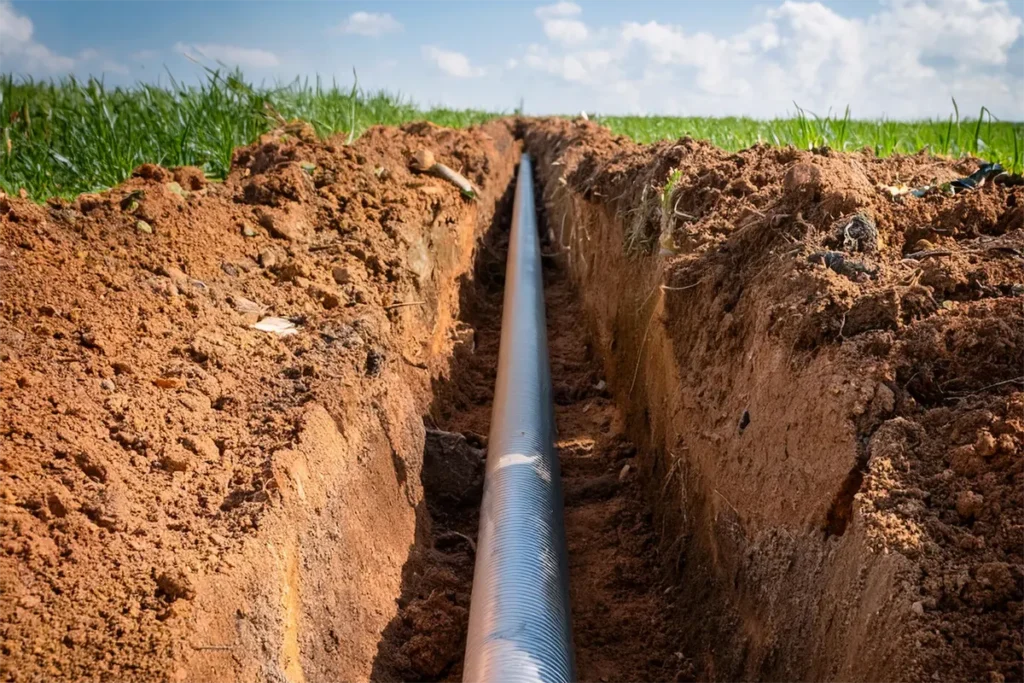Saint Paul, MN, March 13, 2025 —Today, Minnesota-based rural advocacy organization, CURE, filed an appeal to the Minnesota Public Utilities Commission (PUC) arguing that the decision to grant Summit Carbon Solutions, LLC a permit for 28-miles of CO2 pipeline in Otter Tail and Wilkins Counties is “inconsistent with [Minnesota’s] pipeline routing statutes and rules.”
“We think the PUC misinterpreted the law in a number of ways when they granted this permit,” said Hudson Kingston, CURE’s Legal Director. “But our Petition for Reconsideration also raises new and pertinent information that the Commissioners just didn’t have when they made their decision in December. We hope they’ll consider how these changes fundamentally upend the direction and viability of this project and agree that granting this permit in Minnesota was premature.”
This “new information” includes the news out of South Dakota where the Legislature just passed a law by wide margins to ban the use of eminent domain—a process which gives utility companies and governments the ability to take private property for public projects—to secure land for CO2 pipeline development in that state.
Summit’s project aims to transport CO2 from over 50 ethanol plants in five states, including South Dakota, to an underground storage site in North Dakota. Since a CO2 pipeline company must now secure voluntary easements from landowners across hundreds of miles of land in South Dakota, the new law is seen as a blow to carbon capture projects in the Midwest including Summit’s $9 billion project.
South Dakota Gov. Larry Rhoden signed the bill March 6. On March 13, Summit suspended its permit application in South Dakota indefinitely citing the “unrealistic timelines” in their original application.
Further heightening the lack of clarity, CURE is calling attention to updated pipeline route maps that Summit released in mid-January which show the addition of approximately 35 miles of new pipeline in Swift, Kandiyohi, and Chippewa counties.
“The new law passed by South Dakotans is another indication of just how uncertain and unpopular Summit’s project is,” said Peg Furshong, CURE’s community and landowner organizer. “Where this project goes from here is a giant question mark—will Summit abandon the project? Are they expanding the route or will they try to re-route the mainline, maybe through Minnesota? In any case, Minnesota’s regulators, the public, and impacted landowners should have answers before we start granting any approvals.”
CURE’s filing also includes a January rulemaking document from the federal agency that sets standards for CO2 pipeline construction. That document shows that the “emergency” zone identified by the federal authority is 17 times larger than the setback approved by the Minnesota regulators. The discrepancy underscores the fact that the current permit in Minnesota may not be sufficient to protect public health, and the new information should be incorporated into the decision-making process in order to assure rural residents are safe if this project is built.
Additional info about CO2 pipelines: carbonpipelinesmn.org
CURE is rurally based, with staff across Minnesota. CURE knows rural people, lands, and ecosystems are vital to helping solve some of the biggest problems Minnesota and the country face. We help to tell the story of a vibrant rural future, lift-up people to lead, and work for policies and laws to make a better future possible for everyone.
###


